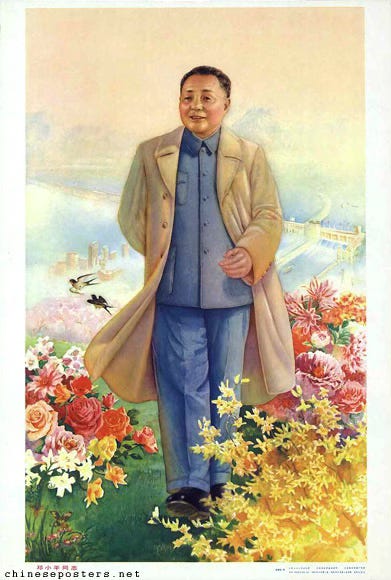Deng Xiaoping
and the transformation of China
By Ezra Vogel
Winner of the Lionel Gelber Prize
National Book Critics Circle Award Finalist
An Economist Best Book of the Year | A Financial Times Book of the Year | A Wall Street Journal Book of the Year | A Washington Post Book of the Year | A Bloomberg News Book of the Year | An Esquire China Book of the Year…



